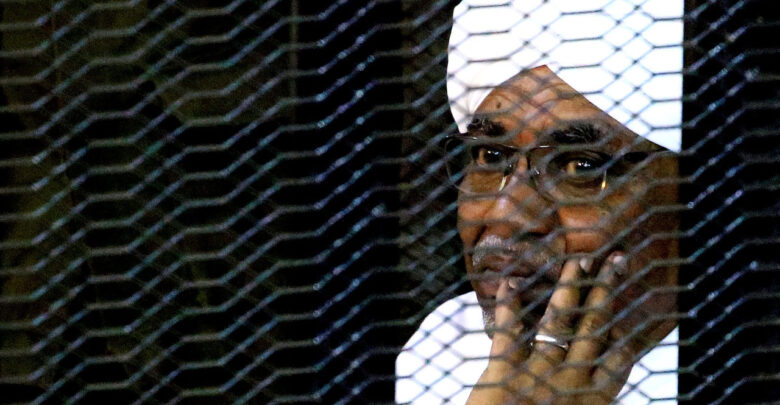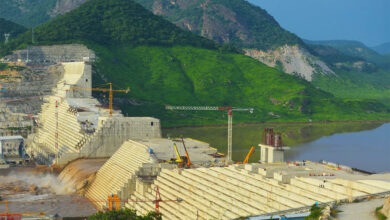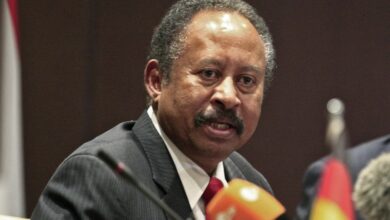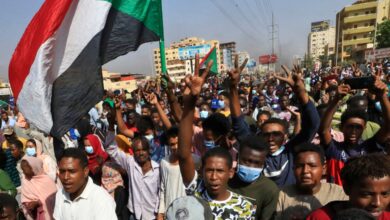Sudan
Sudan: Trial of Sudan’s Ex-President Omar Al-Bashir Indefinitely Postponed

The trial of Sudan’s former president Omar Al-Bashir was delayed on Monday at the request of the defense lawyer, a prosecution lawyer confirmed, reported Anadolu Agency.
The 76-year-old Bashir rose to power in Sudan in 1989 through a military coup that deposed Sadiq al-Mahdi’s administration. He stayed in power for 30 long years before being ousted by Sudan’s army in April last year after several months of mass street protests.
Bashir is being trialed in a case connected to the military coup that brought him to power more than three decades ago. Around 20 other former officials are on trial alongside him. The trial opened with a brief hearing in July. The second hearing was previously scheduled for August 11.
But, on Monday, defence lawyers requested a delay for three of the defendants, Bashir as well as two former senior leaders of the now defunct National Congress Party.
“Lawyers for three defendants petitioned the Court of Appeal to release three defendants on bail, after the court refused to grant their request at the trial’s first hearing on July 21,” Moaz Hadra, one of the prosecution lawyers, told AFP. “The Court of Appeal must rule, and then a new date for the trial will be set.”
The official Sudan News Agency (SUNA) said the court decided to delay the trial until further notice.
Bashir, 76, and his co-accused could face the death penalty if convicted over the 1989 Islamist-backed overthrow of the democratically elected government of prime minister Sadek al-Mahdi.
The former Sudanese president is currently spending two years in prison after being found guilty of corruption in December. He also faces trials and investigations over the killing of protesters.
The trial comes as Sudan’s joint civilian-military transitional government is launching a number of reforms in the country and has re-launched peace talks with rebel groups.




